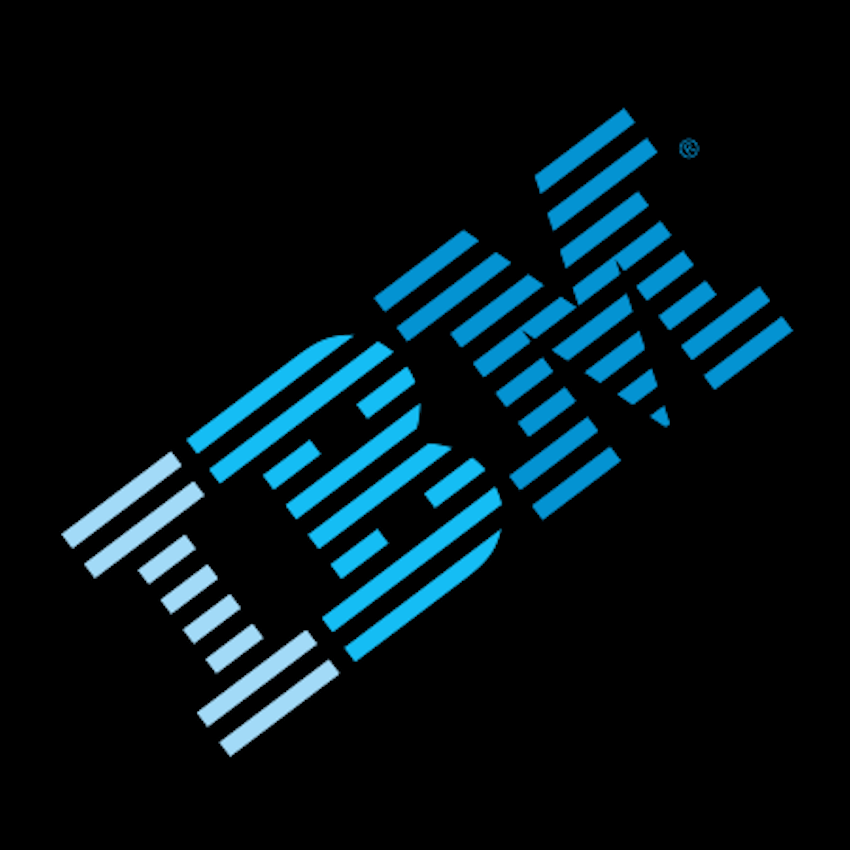

IBM has applied for a blockchain patent to ensure transaction compliance through nodes data, according to a document published last week by the US Patent and Trademarks Office (USPTO).
Abstract as follows: “A blockchain may be used to store transactions in an immutable ledger. The types of transactions may vary and the information from the transactions could be used to identify information about nodes in a particular network. One example operation may include one or more of identifying a number of nodes operating on a blockchain, determining a new blockchain transaction, and determining one or more of the nodes as having one or more characteristics based on the new blockchain transaction.”
Also late last week, US FI Capital One filed a patent application for blockchain-powered user authentication to make it easier to comply with regulatory process of major security requirements, such as KYC (Know Your Customer).
Shipping group Maersk recently reported that 94 companies and organisations had so far joined a blockchain-powered platform, TradeLens, developed with IBM. The two have been working together on this for the last year and have now moved from Beta into limited availability.
The ecosystem currently includes:
TradeLens uses IBM blockchain technology as the foundation for digital supply chains, establishing a single shared view of a transaction without compromising details, privacy or confidentiality.
During the 12-month trial, Maersk and IBM worked with ecosystem partners to identify opportunities to prevent delays caused by documentation errors, information delays, and other impediments. One example demonstrated how TradeLens can reduce the transit time of a shipment of packaging materials to a production line in the United States by 40%, avoiding thousands of dollars in cost.
More than 154 million shipping events have been captured on the platform, including data such as arrival times of vessels and container “gate-in”, and documents such as customs releases, commercial invoices and bills of lading.
Traditionally, some of this data can be shared through the EDI systems commonly used in the supply chain industry but these systems are inflexible, complex, and can’t share data in real-time, those involved claim. Too often, companies must still share documents via email attachment, fax and courier. TradeLens can track critical data about every shipment in a supply chain, and offers an immutable record among all parties involved.
“We believe blockchain can play an important role in digitising global shipping, an area of the global economy that moves four trillion dollars of goods every year. However, success with the technology rests on a single factor – bringing the entire ecosystem together around a common approach that benefits all participants equally,” says Bridget van Kralingen, Senior Vice President, IBM Global Industries, Solutions and Blockchain.
“Our work with Maersk and other enterprises in the shipping ecosystem has shown that blockchain can be used to form a strong, connected network in which all members gain by sharing important data and that together we can transform a vital part of how global trade is conducted.”
Denver, Colorado, 24th February 2025, Chainwire
Denver, Colorado, 20th February 2025, Chainwire
Washington, D.C., 18th February 2025, Chainwire
Dubai, UAE, 27th January 2025, Chainwire
Those who enter the market at this time may be surprised to hear that Bitcoin…
George Town, Grand Cayman, 22nd November 2024, Chainwire